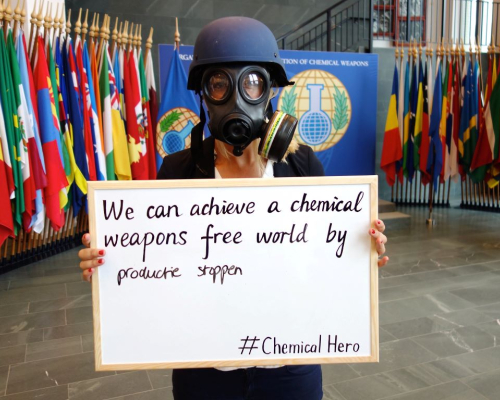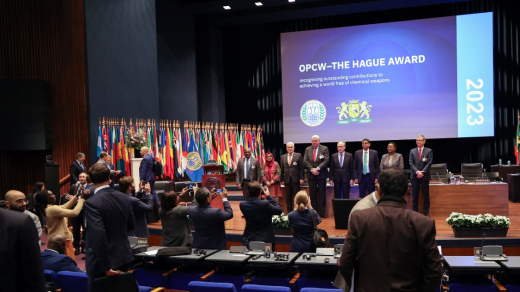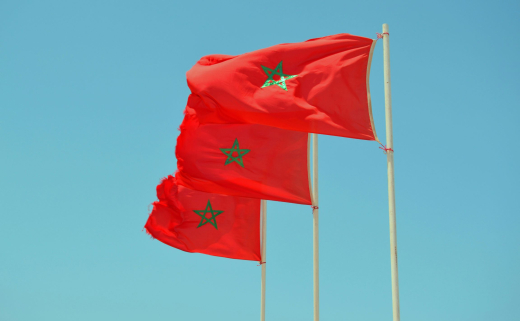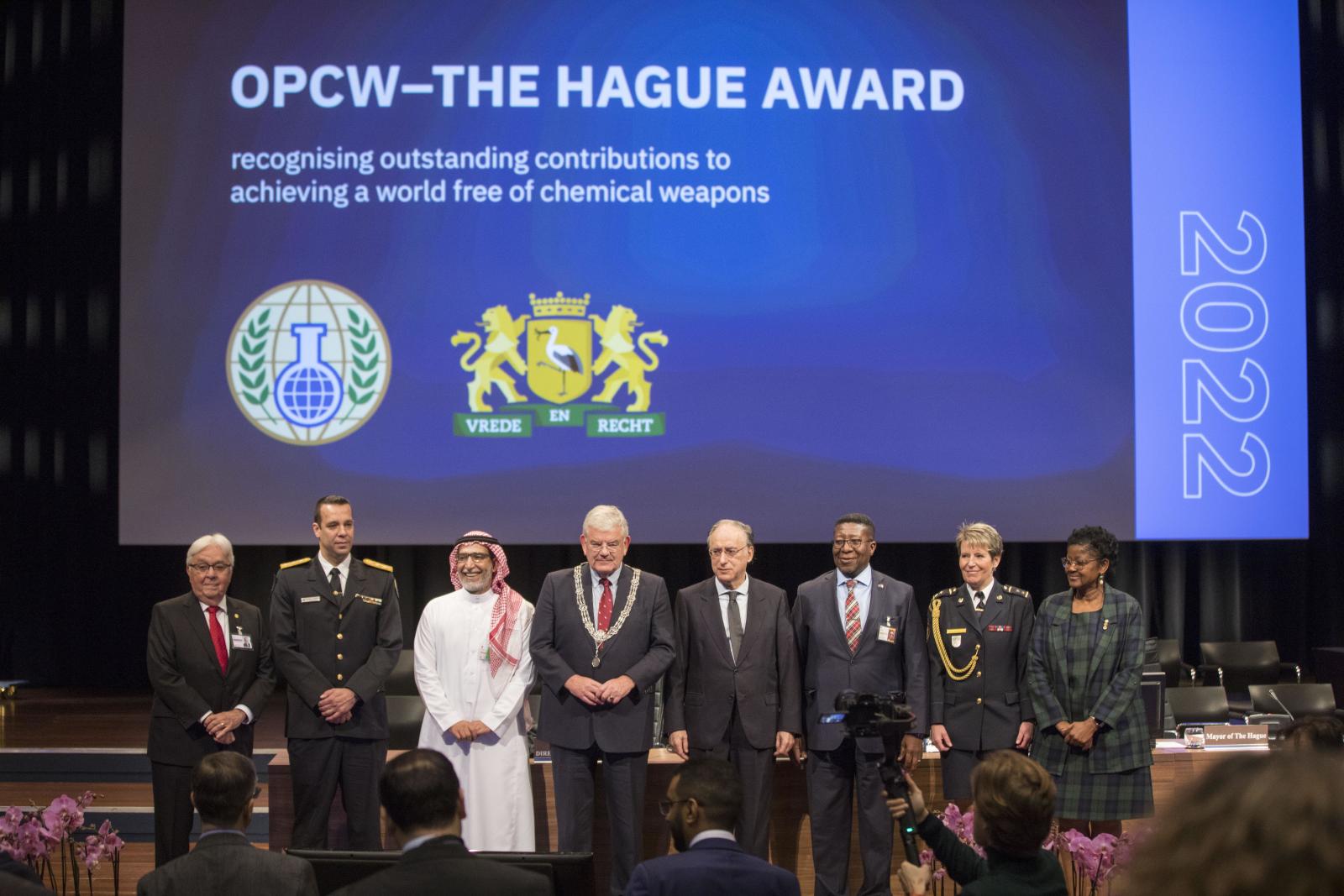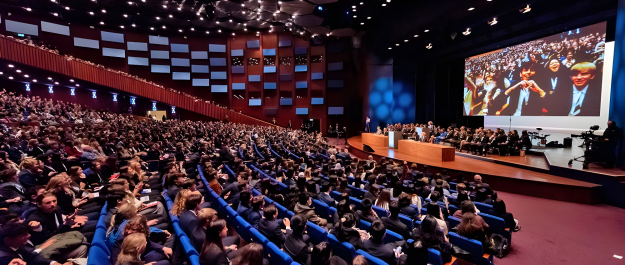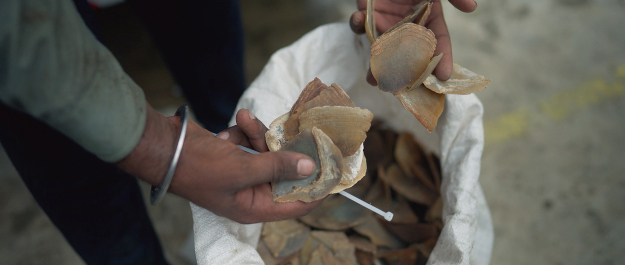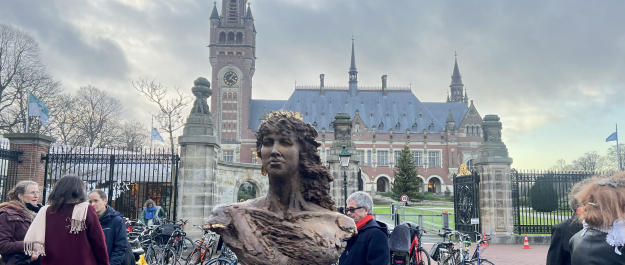193 Countries in the world agreed that chemical weapons have no place in today’s arsenals. The Organisation for the Prohibition of Chemical Weapons (OPCW), together with its Member States, are committed to completely eliminate chemical weapons since 1997. Their work conducts inspections, monitors chemical industries, and oversees the destruction of chemical weapons to prevent their use, promoting global peace and security through disarmament and non-proliferation efforts. Besides their traditional destruction methods, they are also looking into the options of AI. Considering both the risks they may pose and the opportunities they may offer.
About the OPCW
The OPCW is established in 1997 and aims to achieve a world free of chemical weapons. The organisation was awarded the Nobel Peace Prize in 2013 in recognition of its extensive efforts to eliminate chemical weapons. 193 States committed to the Chemical Weapons Convention. Three states have never neither signed nor ratified te Convention (Egypt, North Korea and South Sudan). Israel has signed but not ratified the convention. 98% of the global population live under the protection of the Convention. 100% of the chemical weapons stockpiles declared by possessor States have been verifiably destroyed.
Centre for Chemistry and Technology
The ChemTech Centre is an upgrade to the OPCW’s research, operational, analytical and capacity building capabilities. It houses the OPCW Laboratory, the Technology and Training Hub, an indoor training area, and a fit for purpose instruction space. The Centre creates synergies for knowledge sharing, scientific and technical collaboration, and capacity building activities.
The Centre is inaugurated in May 2023 in the presence of His Majesty King Willem-Alexander of the Netherlands.
The ChemTech is financed by 57 donor countries and other donors including the European Union and the members of the “Global Partnership Against the Spread of Weapons of Mass Destruction.
“I thank the 57 donor countries, and other donors, including the European Union for their strong political and financial support to make this Centre a reality. We will leave a special legacy to future generations in the common interest of peace and security.”
The OPCW - The Hague Award
To honour the Nobel Peace Prize in 2013, the OPCW established the OPCW-The Hague Award in 2014 in partnership with the Municipality of The Hague. The award recognises stakeholders and academia, the chemical industry, international and regional organisations, and civil society who make outstanding contributions to a world free of chemical weapons. The OPCW-The Hague Award is presented by the Director-General of the OPCW, Ambassador Fernando Arias and the Mayor of The Hague, Jan van Zanen. Up to three nominees may be selected who will each be awarded a share of the €90,000 prize. Successful recipients are invited to accept the award in person in The Hague.
“Achieving a world free of chemical weapons is a collective global endeavour involving many stakeholders and efforts. The OPCW-The Hague Award is an important platform to honour these efforts.”
AI and the Chemical Weapon Convention
AI is a transformative technology with applications across various disciplines relevant to the Chemical Weapons Convention, including robotics, cloud laboratories, drones, and biotechnology. AI streamlines processes, optimises resource allocation, and drives innovation. In chemistry and related fields, it is accelerating progress by making processes cheaper, faster, and more effective. It is also enhancing safety in the chemical industry, identifying greener alternatives to hazardous industrial chemicals, and promoting chemical recycling and reuse to minimise waste.
The OPCW Artificial Intelligence Research Challenge
The OPCW together with its Scientific Advisory Board (SAB) are seeking proposals from researchers and scientists across its Member States that describe tangible approaches for using AI to enhance the OPCW’s effectiveness, efficiency, and preparedness. The objective of the AI Challenge is to identify how AI can be used to strengthen the OPCW’s capabilities and increase its readiness to address current and future challenges. The proposed AI solutions should build capabilities specifically relating to implementation of the Chemical Weapons Convention.
The AI Challenge is funded by the European Union and the United Kingdom of Great Britain and Northern Ireland.
The Scientific Advisory Board
The Scientific Advisory Board (SAB) is an OPCW subsidiary body that enables the Director-General to render specialised advice in science and technology to the Conference, Executive Council, or States Parties to the Convention.
The OPCW Artificial Intelligence Research Challenge
For more information about the challenge
Global Conference on the Role of AI
Besides the AI challenge the OPCW also organises the Global Conference on the Role of Artificial Intelligence (AI) in advancing the implementation of the Chemical Weapons Convention (CWC). The conference aims to holistically examine the implications of AI technology within the framework of the CWC. The conference, to be hosted by Morocco and co-organised by the Technical Secretariat of the OPCW from 22 to 24 October 2024 in Rabat, will bring together leading global experts from the fields of science, industry, and government, and facilitate a comprehensive understanding and appreciation of the role of AI in CWC implementation.
The conference will explore three focus areas:
- The role and impact of AI in Chemistry from the lens of evolving science and policy discourse;
- impact and challenges of AI on the chemical industry at-large; and
- challenges presented by AI in counterterrorism and implementation of CWC.
More about the OPCW
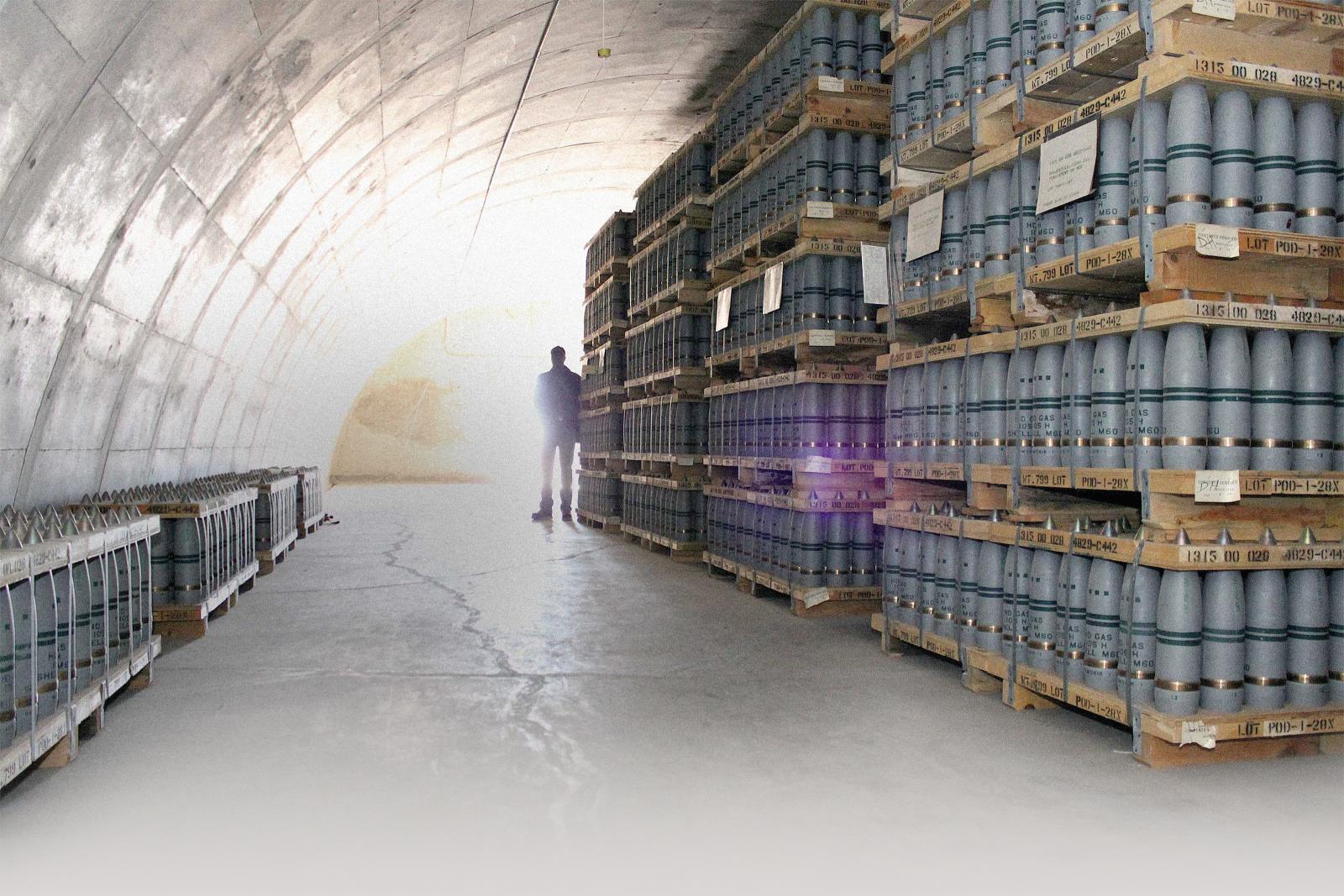
Eliminating Chemical Weapons Committed to complete and verifiable destruction
Committed to complete and verifiable destruction ...
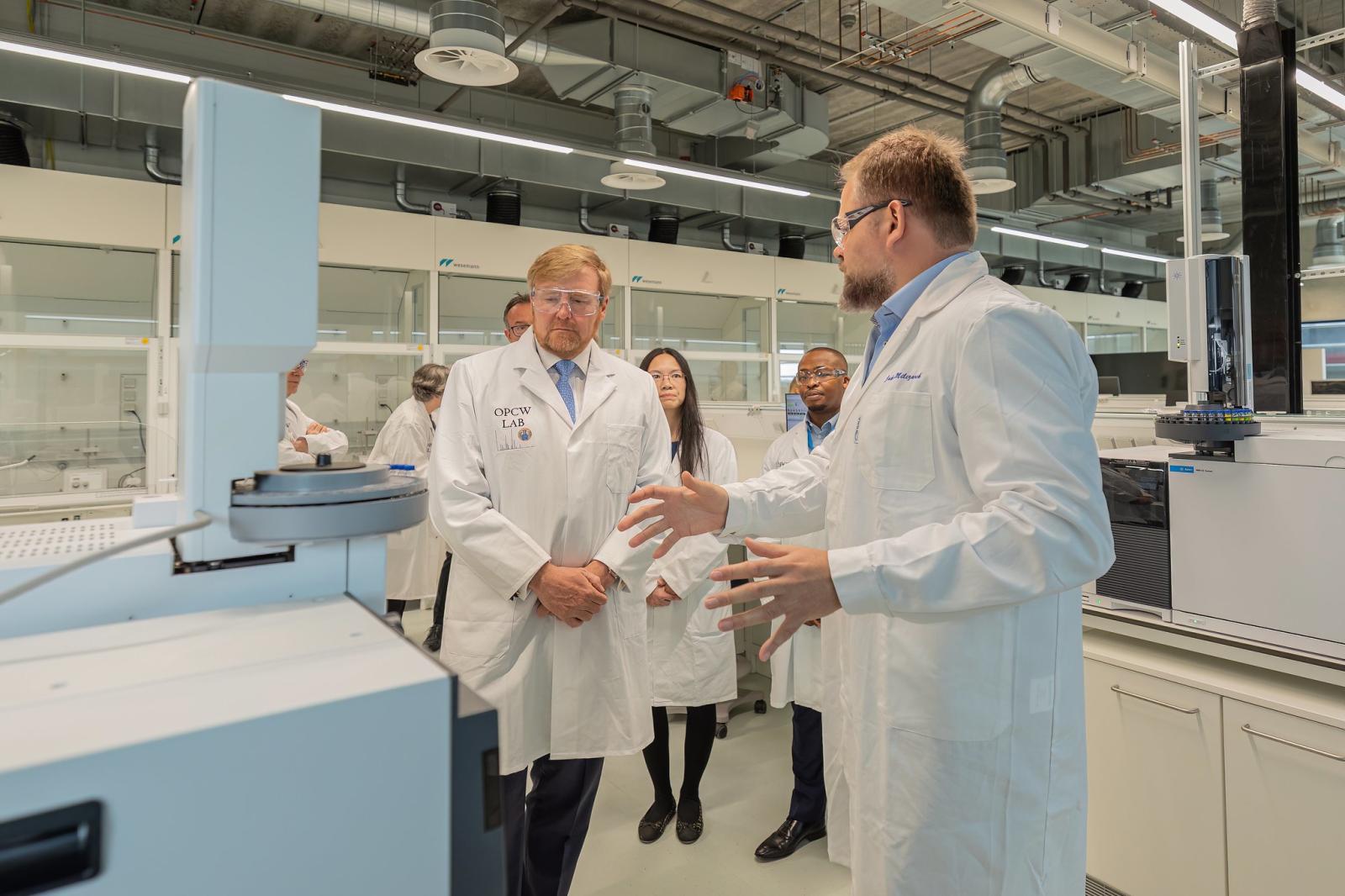
OPCW Centre for Chemistry and Technology officially inaugurated
The Centre will strengthen the capabilities of OPCW and its Member States to implement the Chemical Weapons Convention ...
